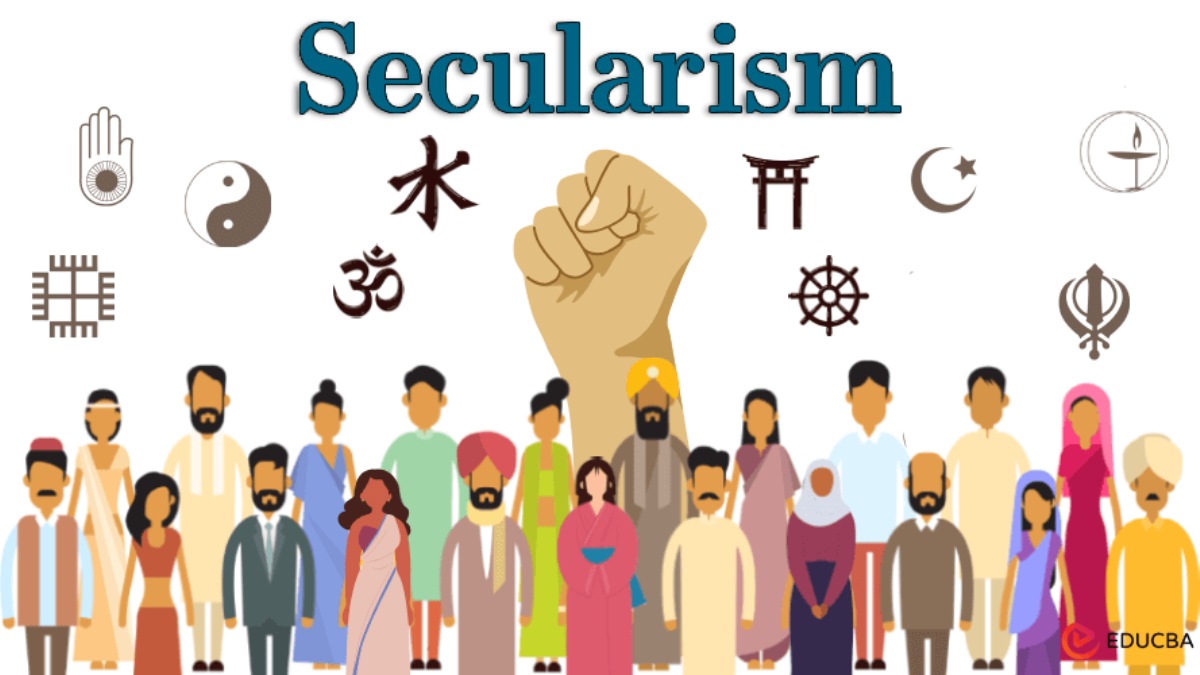
For centuries, religion and spirituality have been the foundation of human identity, providing individuals with guidance, meaning, and a sense of community. However, the contemporary era is characterized by a transformation in the way individuals interact with religion. Secularism, which involves the dissociation of religion from public life, is experiencing a surge in numerous regions. Simultaneously, spiritualism, which is characterized by a personal and less institutionalized connection to the divine or interior self, is gaining momentum. These two methods illustrate distinct methods of comprehending our position in the world and navigating daily life.
The Emergence of Secularism
Secularism is the principle of maintaining the separation of religion from public, educational, and governmental institutions. In secular societies, including those in Western Europe, Canada, and Australia, religious beliefs are frequently regarded as a private matter. The emphasis is on scientific advancement, human rights, and rationality, rather than religious doctrines.
Secularism may result in the following in daily life:
* **Policy-making without religious influence:** Laws are established through civil reasoning, with the objective of guaranteeing equal treatment for all citizens, irrespective of their religious beliefs.
* **Freedom of belief:** Individuals are permitted to adhere to any religion—or none—without concern for discrimination.
* **A pluralistic society:** When no singular religion dominates public life, a diverse array of beliefs can coexist in harmony.
Conversely, secularism’s detractors contend that it may induce a decline in morality or spirituality. For certain individuals, the act of eliminating religious symbols or practices from public life is akin to the erasure of a significant aspect of their culture or identity.
Resilience of Spiritualism
Conversely, spiritualism is less concerned with organized religion and more with personal belief and inner connection. It frequently entails a pursuit of meaning, mindfulness, and a sense of belonging to a force that is greater than oneself. This trend is particularly evident among younger generations worldwide, who may not identify with formal religions but still participate in meditation, prayer, or the pursuit of higher consciousness.
Spiritualism has the potential to promote the following in daily life:
* **Personal development:** Participants are encouraged to engage in introspection, mindfulness, and the pursuit of interior tranquility.
* **Moral awareness:** Even in the absence of a religious framework, values such as humility, compassion, and gratitude are essential.
* **Emotional resilience:** In order to manage tension, bereavement, or life transitions, numerous individuals adopt spiritual practices.
Often incorporating modern perspectives with traditional beliefs, spiritualism’s adaptability enables it to flourish in a variety of cultures. Nevertheless, it may occasionally lack the cohesion or support systems that are present in organized religion in the absence of a shared structure or community.
Convergence Points
Secularism and spiritualism frequently intersect, despite their distinctions. A secular society does not forbid spirituality; rather, it guarantees that no singular belief system controls public policy. In reality, numerous individuals maintain profoundly personal spiritual practices while leading secular public lives.
Additionally, these two methodologies may contribute to one another:
* Freedom and equality can be achieved through secular frameworks. Inner life and community connections can be enhanced through spiritual practices.
In countries such as the United States, India, or Indonesia, where religion and spirituality are profoundly ingrained in the fabric of society, individuals frequently balance their personal faith with their reverence for secular institutions.
In conclusion,
The tension between spiritualism and secularism is indicative of more profound inquiries regarding the manner in which we establish relationships with others, seek meaning, and structure our societies. Some individuals pursue solutions through human rights and reason, while others turn to spiritual practice, contemplation, and prayer. In the contemporary era, both routes are pertinent and valuable.
Secularism and spiritualism can coexist, providing a balance between the human need for meaning and the freedom of belief, rather than opposing forces. Our methods of engaging with the sacred—whether through institutions or individual spiritual journeys—will also evolve as societies progress.
Leave a Reply